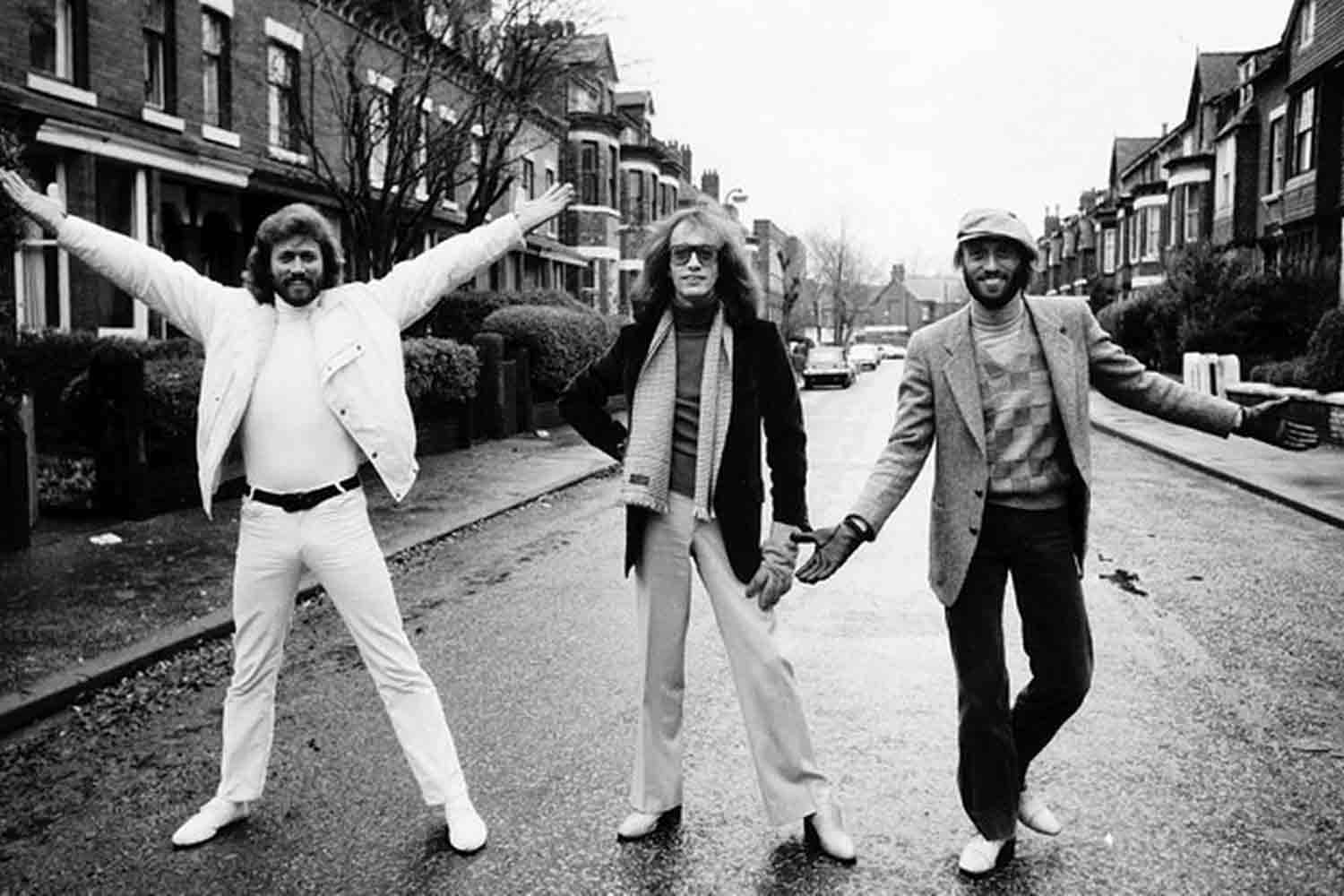
About the song
The early Bee Gees. A time before the falsetto reigns supreme, before “Staying Alive” took over disco floors worldwide. This is a period where the Gibb brothers were still young, raw, and experimenting with their sound. Yet, even in these formative years, glimpses of their undeniable talent shined through.
---> Scroll down for the VIDEO
“Where Are You?”, released in 1966 on the album Spicks and Specks, is a prime example of this. Here, we see a fascinating shift. This is the first song where Maurice Gibb takes center stage, not just as lead vocalist, but also as the sole composer. It’s a bold move for a young artist, and it sets the stage for a unique perspective within the song.
The track itself is a short, sharp burst of emotion. Clocking in at just over two minutes, it doesn’t waste a single note. The instrumentation is stripped down, with a simple guitar riff laying the foundation. Over this, Robin and Barry Gibb’s harmonies weave their magic, but in a more understated way compared to their later work. Here, they act as a melancholic counterpoint to Maurice’s lead.
---> Scroll down for the VIDEO
Now, let’s turn our attention to Maurice’s vocals. This is a different Maurice Gibb than the one we’ll encounter later in their career. His voice is rawer, less polished, yet brimming with a youthful vulnerability. It perfectly captures the heartache of the lyrics, which paint a picture of a love gone astray. The repeated refrain of “Where are you?” is a desperate plea, echoing in the emptiness left behind by a departed lover.
“Where Are You?” might not be the Bee Gees’ most famous song, but it holds a significant place in their history. It’s a testament to Maurice’s early songwriting prowess and a glimpse into the band’s potential before they fully embraced their signature disco sound.
It’s a song that deserves recognition for its raw emotion, tight songwriting, and a glimpse into the early talents of the brothers Gibb. So, let’s delve into this track, a short but potent exploration of love, loss, and the yearning for what’s missing.